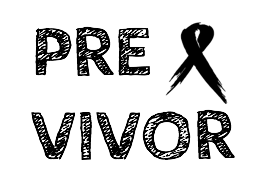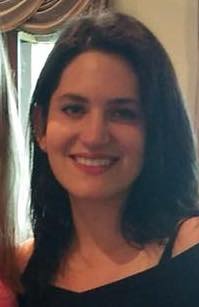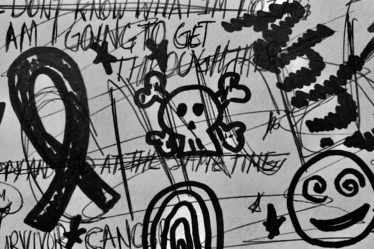
What it is & Why it’s important

By Jenna Lindman
If you are in the cancer community, you may be aware of the term “previvor” being used more. For those that aren’t directly involved in the cancer community, this may be a new phrase you’ve not been aware of. A cancer “previvor” is someone who has a predisposition to cancer, but has not actually had cancer. This can be a person who has had a genetic factor indicating risk or someone who has a family history of cancer. Admittedly, I haven’t considered phrase’s importance until much more recently, but I think It can be essential to drawing more people to cancer prevention.
The advancements in genetic testing have given many people the chance to identify ways they can take preventative measures to stop cancer from happening to them. I think a good example of this is Angelina Jolie. In 2013, she underwent a double mastectomy as a preventative measure against breast and ovarian cancer. I remembered when this happened; I recall hearing an echo chamber of people with the general sentiment of, “why fix something that isn’t broken.” The fact is that through genetic testing Jolie found out she was a cancer previvor: she had an 87% risk of developing breast cancer and a 50% risk of developing ovarian cancer. Her mother had passed away of ovarian cancer at just 56 years of age. What some people may consider a drastic measure was a necessary step to stop cancer in its tracks for Jolie.
Previvors go further than just breast and ovarian cancer though. And not everyone has the resources, knowledge, or medical insurance coverage to get genetic testing and then deal with results that come after. I am not a previvor, but I would imagine that knowing you have a high risk of developing cancer would be anxiety-inducing. Thankfully there are resources for previvors, one of them being Imerman Angels, who links up cancer fighters with someone who has survived the same cancer. They have more recently opened up their services to previvors, which I think can be an important resource to understand the experiences of what other previvors have done.
If you feel you are at a higher risk for cancer, talk to your doctor and ask what they would recommend. Never be afraid to ask about your health and do some research on your family history. Sometimes people don’t want to seem like they are overreacting when it comes to risk prevention and there is no reason to feel like that. It’s okay to be proactive about your health, and if you are concerned or curious make sure you follow up. Previvors can help all of us bring attention to cancer prevention. So, to all the previvors out there, thank you for taking the steps to lower your cancer risk and calling upon others to do the same. Stay powerful!



